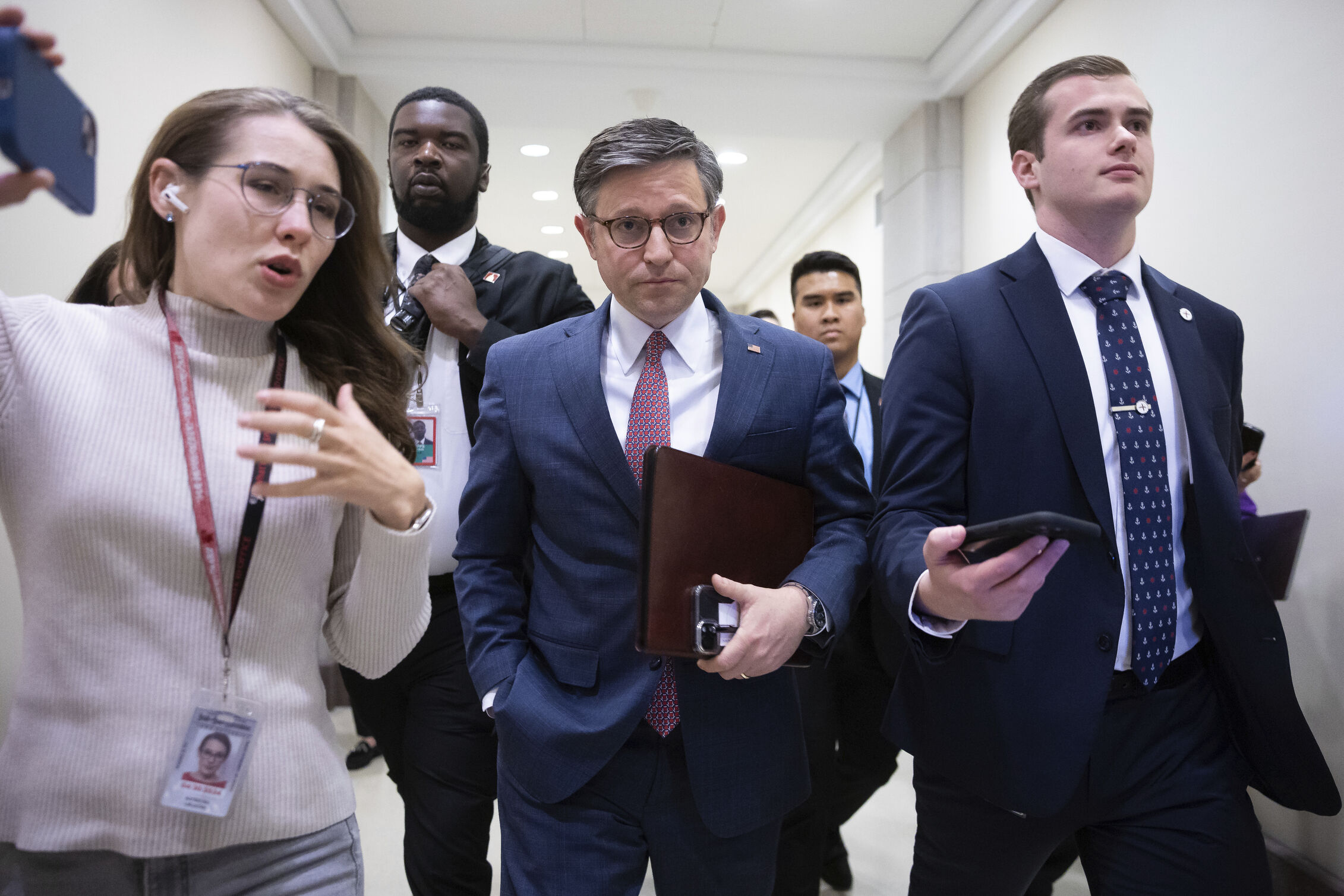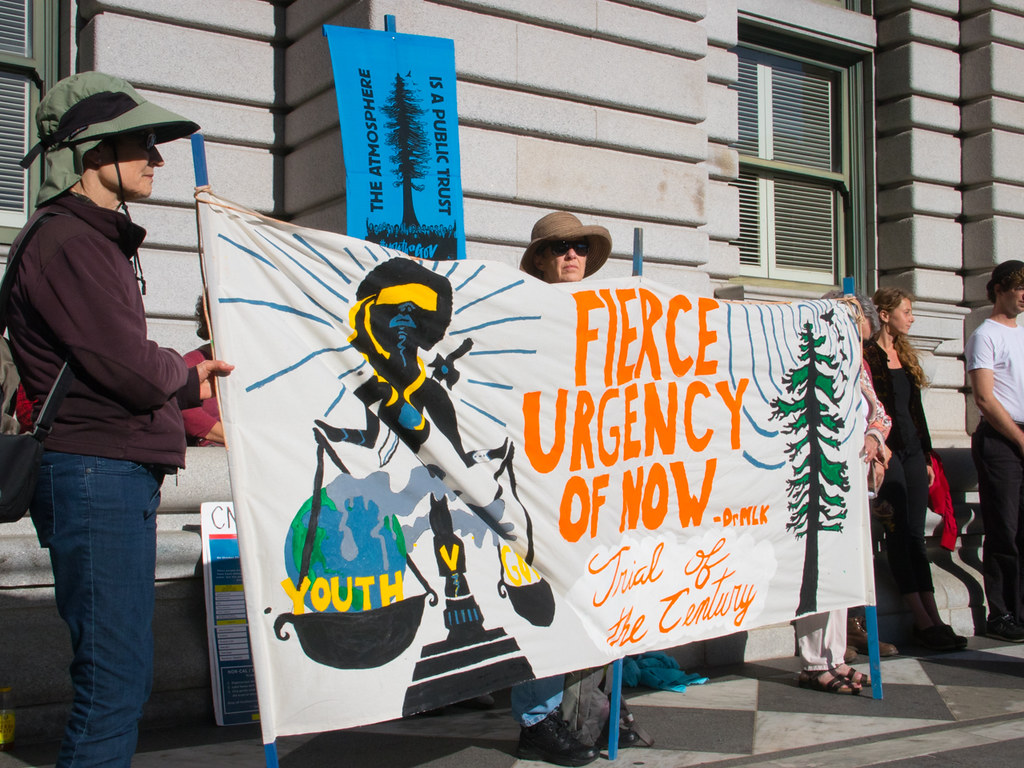The Cyberlaw Podcast: We Give You Weaver
If you get SMS messages on your phone and think you have two-factor authentication, you’re kidding yourself. That’s the message Nick Weaver and David Kris extract from two stories we cover in this week’s episode of The Cyberlaw Podcast—the Justice Department’s indictment of a couple of kids whose hacker chops are modest but whose social engineering skills are remarkable.
Published by The Lawfare Institute
in Cooperation With

If you get SMS messages on your phone and think you have two-factor authentication, you’re kidding yourself. That’s the message Nick Weaver and David Kris extract from two stories we cover in this week’s episode of The Cyberlaw Podcast—the Justice Department’s indictment of a couple of kids whose hacker chops are modest but whose social engineering skills are remarkable. They used those skills to bribe or bamboozle phone companies into changing the phone numbers of their victims, allowing them to intercept all the two-factor authentication they needed to steal boatloads of cryptocurrency. For those with better hacking chops than social skills, there’s always exploitation of SS7 vulnerabilities, which allow interception of text messages without all the muss and fuss of changing SIM cards.
Okay, it ain’t “When Harry Met Sally,” but for a degraded age, “When Bezos Exposed Pecker” will have to do. David keeps us focused on the legal questions: Was the “Enquirer” letter really extortion? Would publication of the pics be actionable? And is there any way the “Enquirer” could get those text messages without someone committing a crime? And, of course, whether the best way to woo your new girlfriend is to send her brother to jail.
Social media—privacy law threat or competition law menace? That’s the question European (naturally) regulators are weighing. But Matthew Heiman and I have a pretty good idea what their answer will be: Both! We look at the Twitter-mobbing of Facebook by regulators and ask whether the competition charges make more sense than the privacy claims.
Looks like the net effect of the Obama-Xi agreement on not stealing commercial secrets is that a better class of Chinese officials is stealing our commercial secrets. President Xi kicked the People’s Liberation Army (PLA) to the curb and brought in the professionals from China’s Ministry of State Security (MSS). So now Chinese tradecraft is a little better, and the Justice Department is indicting MSS officials instead of PLA soldiers. David sums up.
NERC is proposing a $10 million fine for cybersecurity violations on a utility reported to be Duke Energy. Matthew and I are shocked. Not by the fine, which was negotiated, or by the violations, many of them self-reported, but by the cheese-paring, penny-ante nature of so-called cybersecurity enforcement at NERC and FERC. All this Sturm und Drang to make sure utilities use six-character passwords? When security guys complain about compliance trumping security, these NERC rules will be Exhibit A.
Finally, add another chapter to the Annals of Failed Civil Liberties Campaigns, as EFF and likeminded reporters try to get us outraged about the FBI using court orders to identify a North Korean botnet. Nick points out that academics have been conducting research that is more intrusive for years without unduly disturbing university lawyers.
Okay, one more: I celebrate HoyaSaxaSD for a podcast review that honors our own inimitable Nick Weaver:
I got a fever, and the only cure is more Weaver. Love the show. I’m a lawyer but not in tech or security law, but it’s still fascinating. My teenage sons also like most episodes, especially the Nick Weaver segments. And I concur. There needs to be Weaver in every episode, and more of him. In fact, an hour of Weaver and Baker debating/discussing would be the perfect show.
I am moved to channel Peggy Lee. And if more good reviews don’t pour in, I may make that performance a weekly feature. David Kris, I’m sure, would consider that extortion, on the ground that no one has a right to butcher Peggy Lee’s oeuvre like that.
Do you have policy ideas for how to improve cybercrime enforcement? Our friends at Third Way and the Journal of National Security Law & Policy are accepting proposals for their upcoming Cyber Enforcement Symposium. You can find the call for papers here: https://www.thirdway.org/letter/2019-cyber-symposium-call-for-papers
Download the 250th Episode (mp3).
You can subscribe to The Cyberlaw Podcast using iTunes, Google Play, Spotify, Pocket Casts, or our RSS feed!
As always, The Cyberlaw Podcast is open to feedback. Be sure to engage with @stewartbaker on Twitter. Send your questions, comments, and suggestions for topics or interviewees to CyberlawPodcast@steptoe.com. Remember: If your suggested guest appears on the show, we will send you a highly coveted Cyberlaw Podcast mug!
The views expressed in this podcast are those of the speakers and do not reflect the opinions of the firm.





